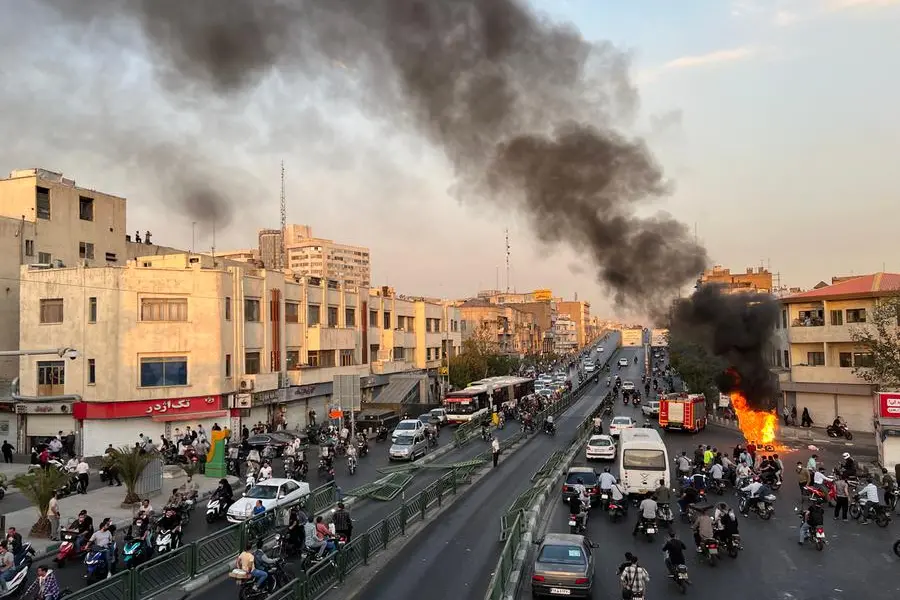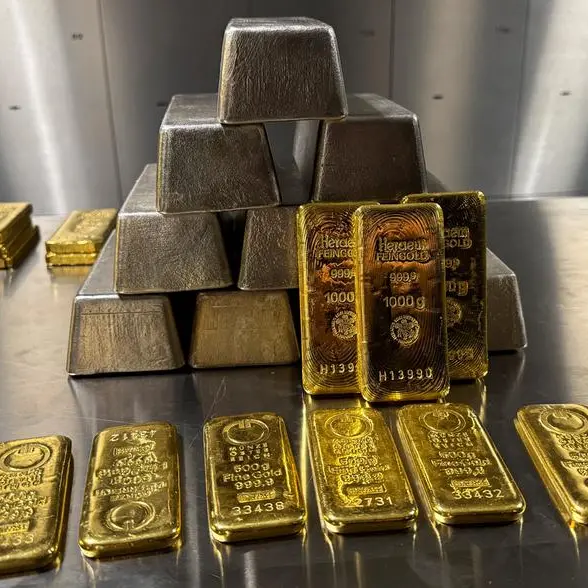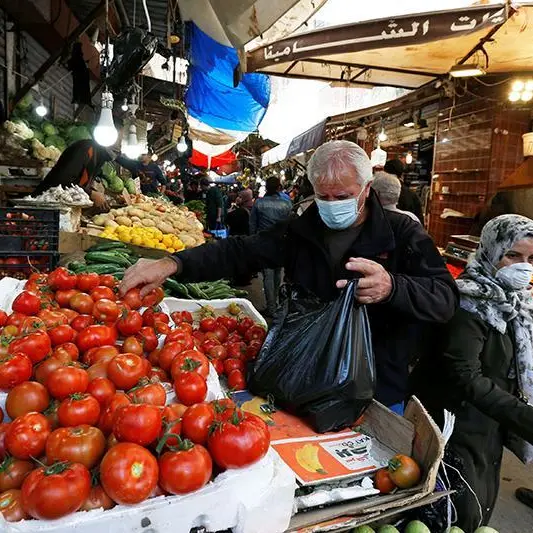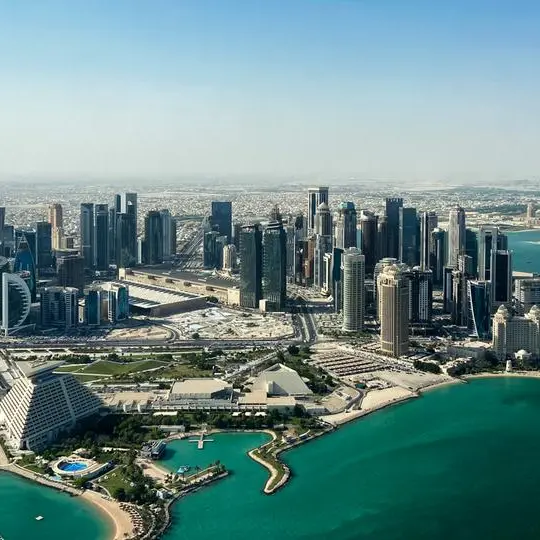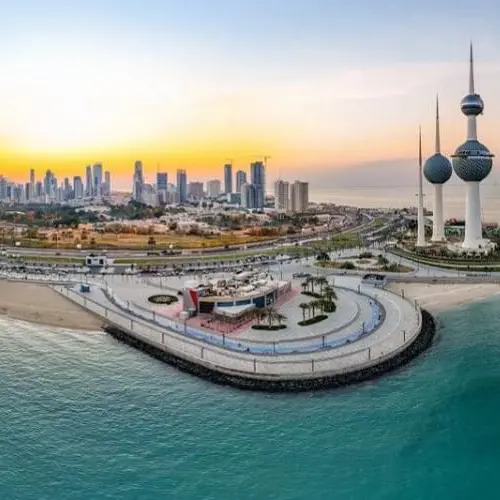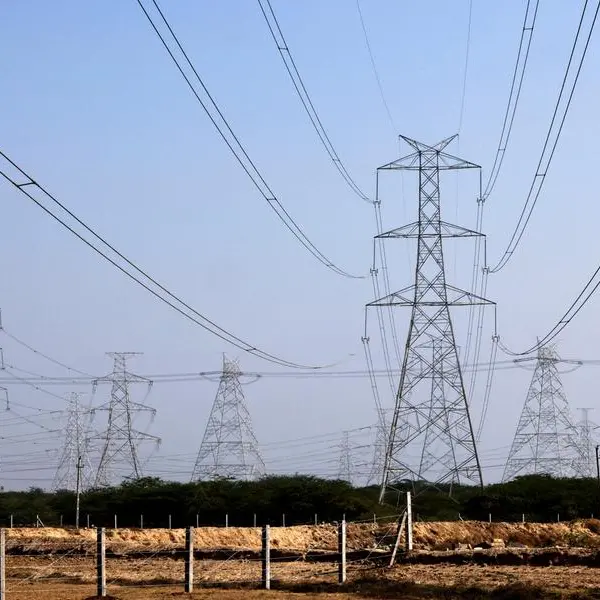PHOTO
More than 100 days of protests in Iran have shattered taboos and shaken the ideological pillars of the Islamic republic in a push for change that has defied a fierce crackdown.
The demonstrations, which erupted in mid-September following the death in custody of Mahsa Amini, 22, are a reflection of pent-up public anger over economic shortcomings and social restrictions, analysts say.
While there have been protests in Iran before, this movement has been unprecedented due to its duration, spread across provinces, social classes and ethnic groups and its readiness to openly call for the end of the clerical regime.
Banners of supreme leader Ayatollah Ali Khamenei have been set ablaze, women have openly walked down streets without hijab headscarves, and demonstrators have at times clashed with the security forces.
Iran, for its part, accuses hostile foreign powers of stoking the "riots", chiefly its arch-foe the United States but also other Western nations such as Britain and France as well as exiled opposition groups.
In an intensification of the state crackdown, the Islamic republic this month executed two people in connection with the protests, drawing international rebuke and new sanctions.
Iran's prosecutor general said in early December that the morality police, which arrested Amini in Tehran for an alleged breach of the strict dress code for women, had been abolished.
But activists received the declaration with scepticism, given the continued legal obligation for women to wear a headscarf.
This was not any "actual change" and women are still "punished in other ways", said Shadi Sadr, founder of the London-based Justice for Iran group.
And it has not changed the movement's key demand.
"The protesters want the Islamic republic to go away," she told AFP.
- 'Never more vulnerable' -
While protests may have decreased in frequency and size in recent weeks, Oslo-based group Iran Human Rights (IHR) said they still take place "every day across the country".
The regime has been unable to quell the popular unrest, and "there is no turning back," IHR director Mahmood Amiry-Moghaddam told AFP.
The Islamic republic has ruled Iran, first under revolutionary founder Ayatollah Ruhollah Khomeini and then his successor Khamenei, since ousting the more West-leaning and secular shah in 1979.
It swiftly imposed policies including Islamic sharia law and compulsory headscarves for women in public.
Rights groups accuse the regime of committing gross human rights abuses ever since, including extra-judicial killings and abductions abroad, and holding foreign nationals hostage at home.
It now carries out more executions than any country other than China, according to Amnesty International.
IHR says the country has executed more than 500 people this year alone.
Iran remains at odds with Western powers over its nuclear programme, and has also spread its influence throughout the Middle East, notably through Shiite allies in Lebanon and Iraq.
Iran has been an active participant in the civil war in Syria and backs rebels in Yemen.
International condemnation of the crackdown and waves of Western sanctions have buried any expectation of quickly reviving the 2015 deal on the Iranian nuclear programme that the United States walked out of in 2018.
US President Joe Biden said in early November the talks were "dead, but we are not going to announce it", according to a video that surfaced last week.
The regime is also active in Russia's invasion of Ukraine, tightening relations with Moscow and -- according to Western allegation that Tehran denies -- supplying Russian forces with drones, which have been used to attack Kyiv and other cities.
Yet it is at home that the Islamic republic is now facing its greatest threat.
"Never before in its 43-year history has the regime appeared more vulnerable," Iran scholar Karim Sadjadpour, senior fellow at the Carnegie Endowment for International Peace, told the US journal Foreign Affairs.
- 'Machinery of repression' -
In response to the protests, the authorities have mobilised what Amnesty International has described as their "well-honed machinery of repression", including the use of live fire, mass arrests and death sentences.
At least 476 people, including 64 minors aged under 18, have been killed by security forces, IHR said Tuesday.
About 14,000 people have been arrested, according to the UN, including several prominent figures such as globally renowned actor Taraneh Alidoosti, who was jailed after making a string of social media posts supporting the protest movement. In the posts, she removed her headscarf and condemned the execution of protesters.
The rapper Toomaj Salehi was also arrested and could face the death penalty if convicted.
Apart from the executions of Mohsen Shekari and Majidreza Rahnavard, the judiciary has sentenced nine others to death. Two of those have secured a retrial.
IHR said on Tuesday more than 80 other defendants face charges that could also see them receive the death penalty.
But the "strategy of spreading fear through executions has failed," said Amiry-Moghaddam, arguing they have largely stoked public anger rather than had a chilling effect.
"The countdown for the regime has started. It started the day Mahsa was killed."
- 'Sure we will win' -
Unlike when Khomeini challenged the shah from exile in the late 1970s, there is no single leader to the protest movement.
But Kasra Aarabi, Iran programme lead at the Tony Blair Institute for Global Change, said the protesters were drawing inspiration from several figures, all representing different constituencies.
Most were deemed such a menace by the authorities that they were locked up.
"These protests are not leaderless," Aarabi told AFP, adding the demonstrators believe "they are in the middle of a revolution and there is no going back".
Key figures include free speech campaigner Hossein Ronaghi and prominent dissident Majid Tavakoli, who have both since been released, and veteran women's rights activist Fatemeh Sepehri, who remains behind bars.
"I continue to fight with the intensity of passion and hope and vitality inside Iran," rights campaigner Narges Mohammadi, who was in detention even before the protests, said in a message from Tehran's Evin prison, relayed by her family to the European parliament.
"And I am sure that we will win."
